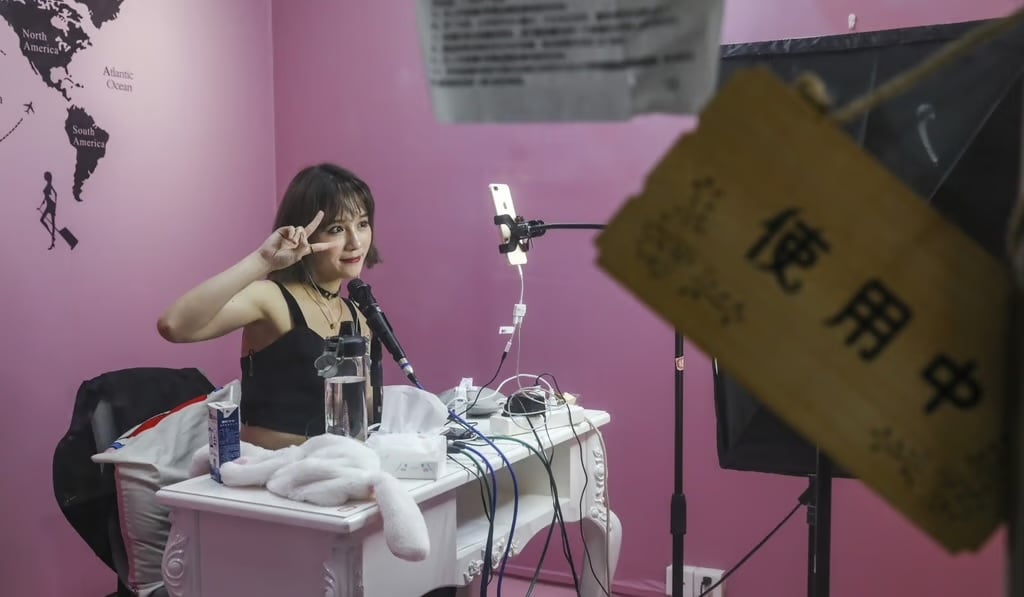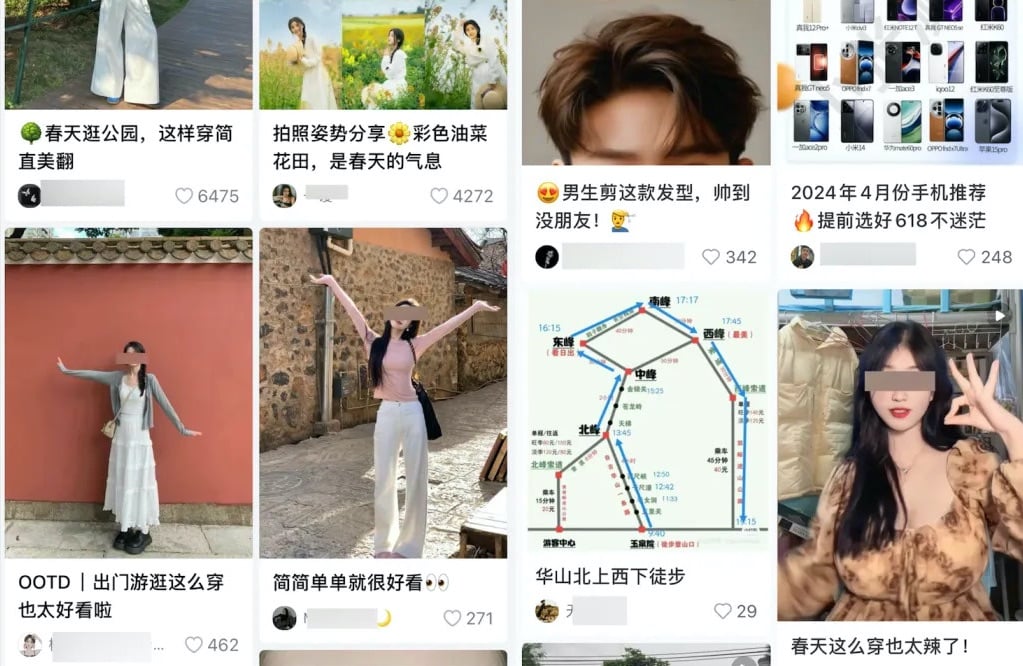China’s vibrant digital landscape, long a frontier for viral trends and charismatic personalities, is undergoing a significant transformation. New regulations sweeping across platforms like Douyin, Weibo, and Bilibili now mandate that influencers wishing to comment on professional topics—ranging from finance and medicine to law and education—must first possess relevant university degrees.
This isn’t just curbing sensationalism; it’s a direct response to a growing wave of public discontent. Complaints have mounted regarding unqualified individuals dispensing advice, often leading to the spread of misinformation. Nearly 30% of social media users have reported encountering misleading claims from influencers. Beijing’s strategic move aims to restore public trust and ensure a higher standard of information in critical sectors that directly impact citizens’ lives.

The onus of enforcement falls squarely on the platforms themselves. These digital giants are now tasked with rigorously verifying and recording creators’ professional credentials. Failure to comply can result in hefty fines, soaring up to ¥100,000. This policy, effectively encapsulated by the phrase “Not Verified? Not Welcome,” positions platforms as crucial new gatekeepers, actively suspending unverified accounts and scrubbing uncompliant content from their feeds.
This shift marks a pivotal moment, re-evaluating the very nature of online influence in China. Where once sheer popularity or entertainment value reigned supreme, there is now a pronounced pivot towards verified expertise. The implications are profound, potentially reshaping creator economies and public discourse within the country. Furthermore, this bold regulatory experiment could serve as a compelling blueprint, inspiring similar measures and discussions about online authenticity and accountability across the globe. China’s dynamic digital evolution continues to offer fascinating insights into the future of the internet.
Cover image via Jing Daily.


















